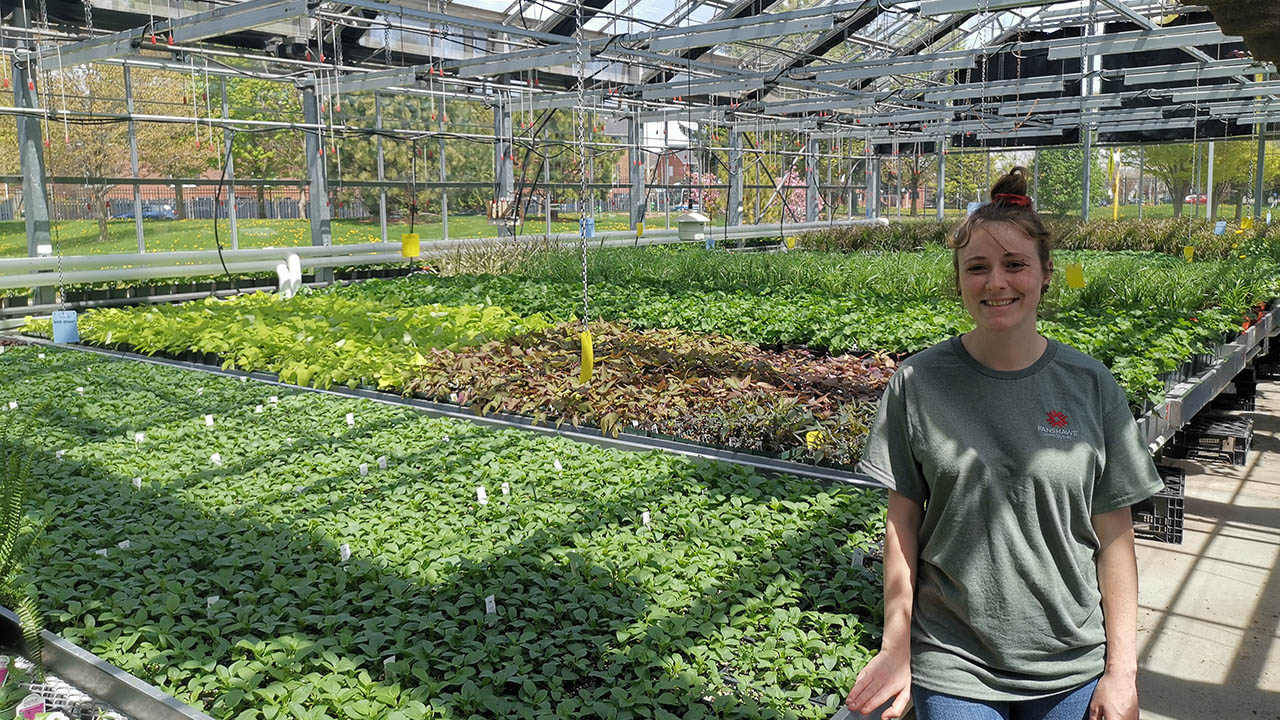The effects of high temperature on plants and flowers
 CREDIT: MAURICIO PRADO
CREDIT: MAURICIO PRADOAccording to data projections compiled by Environment Canada, temperatures have been soaring in London, Ont.
According to data projections compiled by Environment Canada, temperatures have been soaring in London, Ont. This temperature rise is suitable for some plants, but for others, it is not.
“Everything comes back to life and starts to flower again, but temperatures rising above average can make it hard for some plants from flowering correctly or from flowering at all,” said Fanshawe horticulture technician Brianna Garrett. “Some trees might not get as many flower beds coming back. With this warm weather, we must know about our plants carefully.”
She said it can also impact the bugs that grow on plants and the foliage, as it can cause plants to shed some foliage to conserve water.
“Some flowers like a lot of sun, while others do not. It depends on your plants and their location,” Garret said. “Every plant is different and has different conditions in which it can grow; some of them like water retention soils and things that keep them moist longer; others like to be dried out for weeks before they even get some water.”
Rushev Singh, another Fanshawe horticulture technician, stated that most people need to make some corrections when caring for their plants in this weather.
“The first essential thing necessary for growing and caring for a plant is irrigation,” Singh said.
According to Farm Credit Canada, irrigation, or watering, is a vital agriculture practice in Canada when precipitation levels are low, or weather conditions are too warm. A plant can better absorb mineral nutrients from the irrigated soil during this process.
“The other step is to use fertilizers to help them grow properly and develop better,” Singh said. “Do the appropriate research because there are different fertilizers, meaning there are different percentages of nitrogen, phosphorus and potassium in them. It all depends on the plant you have.”
Garrett said that plants have few possibilities to avoid nutrient deficiencies without the help of fertilizers.
“A hydrangea, for example, depending on their soil type, will come with pink flowers; if they are in another soil media, they will have blue flowers,” Garrett said. “Knowing when to water or use fertilizers is difficult; it is an art.”
Garrett stated that everybody needs to return the favour to the plants and trees since, without them, there would be no oxygen, and without oxygen, there would be no life.
“In Canada have plants that are native, and we have non-native plants. Unfortunately, with the temperatures rising more and more each year, some of our plants might not be able to survive if we do not take the proper care,” Garrett said.
Singh said people need to read about the plant they are getting before getting it.
“There are plants that require shadow, plants that require full sun, and plants that require a mix of both. Research just to know what you're planting,” Garret said.

















